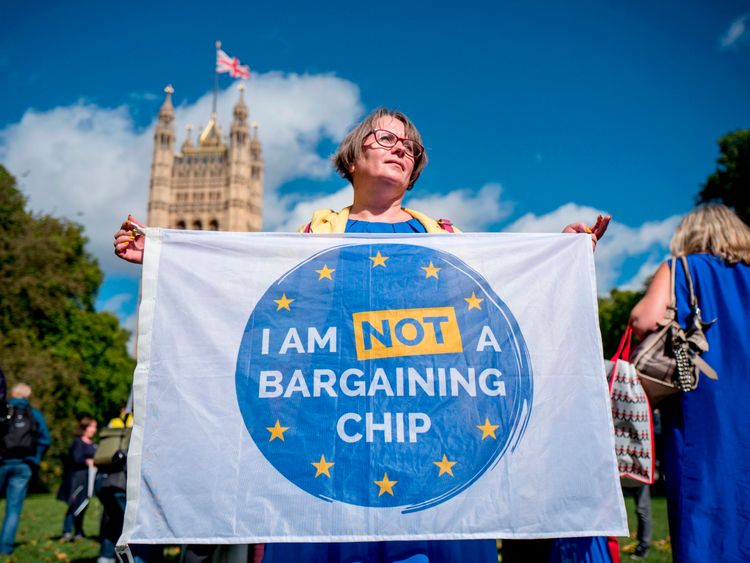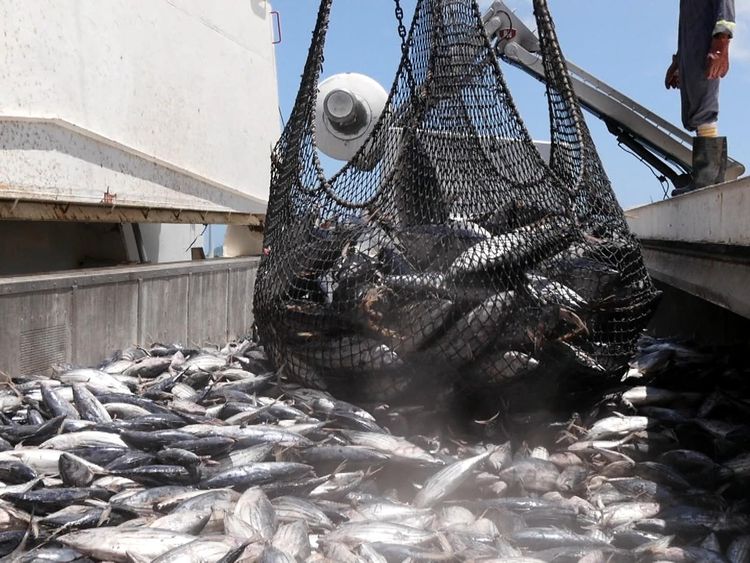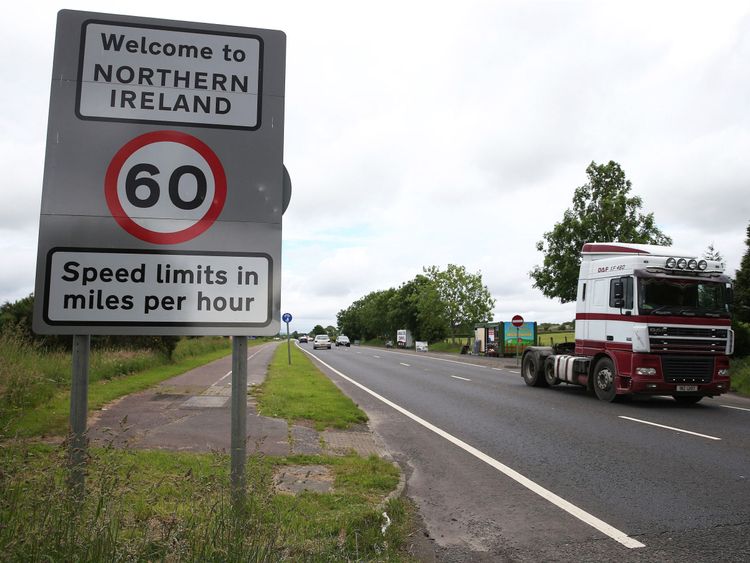A "significant step" has been made in Brexit negotiations after a breakthrough deal was reached on the transition period.
The UK secured a key concession from Brussels by winning the right to sign trade deals with non-EU countries.
However, they will not come into force until after the transition ends, the document states.
There is still no agreement on the EU's so-called 'punishment clause' that would restrict Britain's access to the single market during the transition. The draft text appears to have softened following a leak in February.
A joint committee of representatives from both sides was also announced to arbitrate on disagreements for the 21 months after Brexit day.
But the EU's chief negotiator, Michel Barnier, won a battle to define 13 key areas – including health and education – that could form part of a "common regulatory area" in Northern Ireland in case of no deal.
He also secured the same rights for EU citizens who arrive in the UK during the transition period as those in the country before March 2019.
On one of the most contentious areas, the UK also agreed to only be "consulted" on future fishing quotas.
The terms were announced by Mr Barnier and Brexit Secretary David Davis.
Despite calling the breakthrough "significant", the EU official warned that "a decisive step remains a step".
"We are not at the end of the road," he said. "A lot of work needs to be done."

EU leaders will meet at a special summit on Thursday and Friday, when they are expected to "rubber stamp" the deal.
While the agreement was hailed in Brussels, it sets Prime Minister Theresa May on course for a series of disputes back home.
Influential Brexiteer Jacob Rees-Mogg said last month that giving EU citizens who move to Britain during the transition full freedom of movement rights would be "astonishing" and "unconscionable".
And the Scottish Fishermen's Federation raged that only letting Britain "consult" on quotas amounted to "handing back sovereignty over our seas a few seconds later" after officially quitting the EU.
An internal Tory battle looks set to grow, with Scottish Conservatives leader Ruth Davidson saying it fell "far short" of fishermen's hopes.
She had promised to give "full support" to a Tory MP who said they could torpedo the final Brexit deal by voting it down in Parliament unless Britain got full control over fish stocks and vessel access during the transition.

On Northern Ireland, Mr Barnier said the issue of how to avoid a hard border "remains an issue".
It is a key area where agreement – marked by the colour green in the EU document – has still not been met.
Mr Davis was also keen to emphasise that the implementation deal "includes Gibraltar".

Labour's shadow Brexit secretary, Sir Keir Starmer, said the agreement "could have been signed months ago".
He blamed Tory ministers for wasting time by "fighting among themselves, holding out on negotiating objectives that they have failed to achieve and pursuing their reckless red lines".
He also told Sky News the Government had only "kicked" the issue of avoiding a hard border in Northern Ireland "further down the road".
Business groups cautiously welcomed the news from Brussels.
The Federation of Small Businesses said it "gifted some certainty" and would protect companies from a "damaging cliff-edge approach".
More from Brexit
But the Institute of Directors said it was "concerned that not enough attention is being given now to the finer details and practical implications of transition".
[contf] [contfnew] 
Sky News
[contfnewc] [contfnewc]





